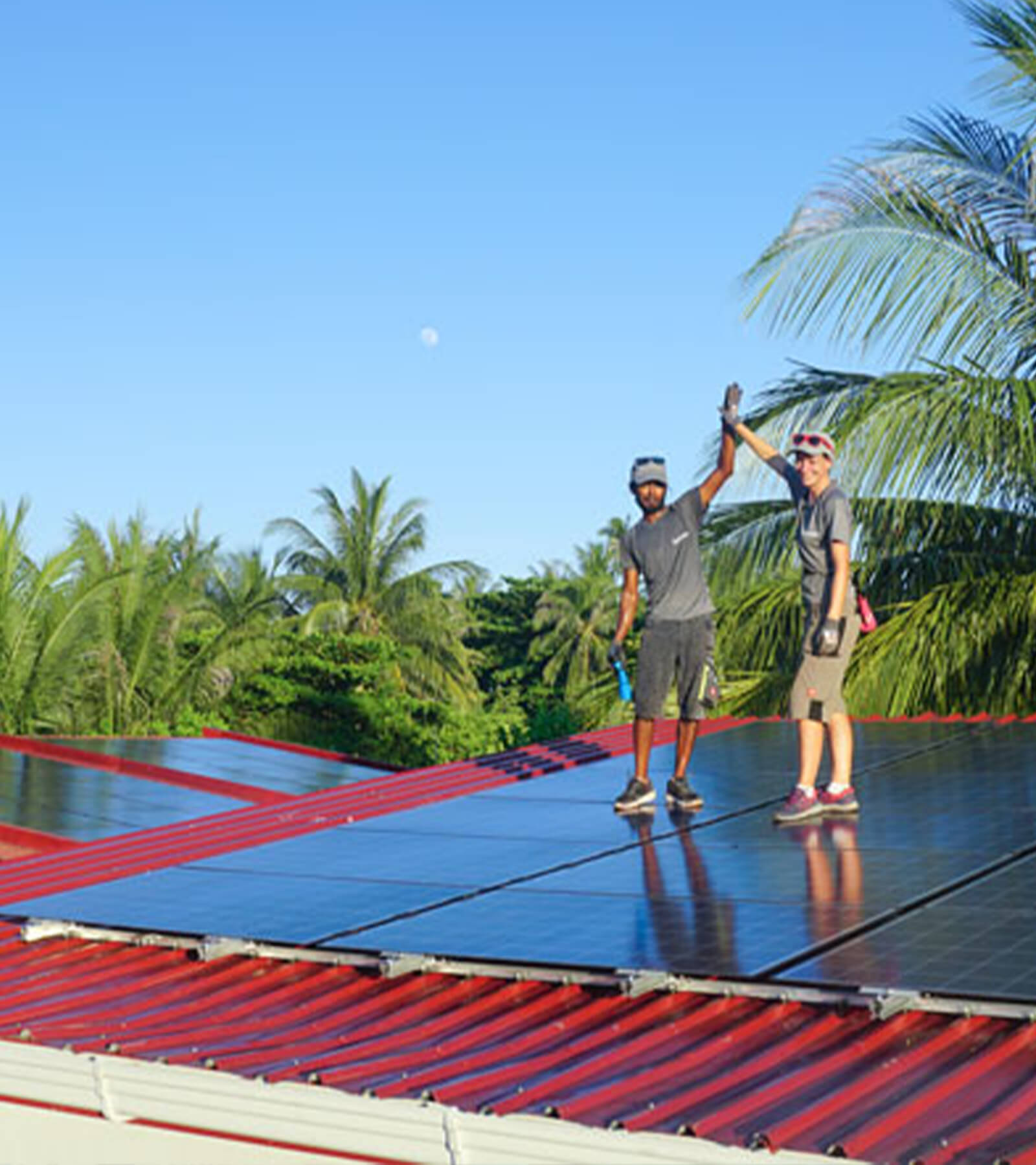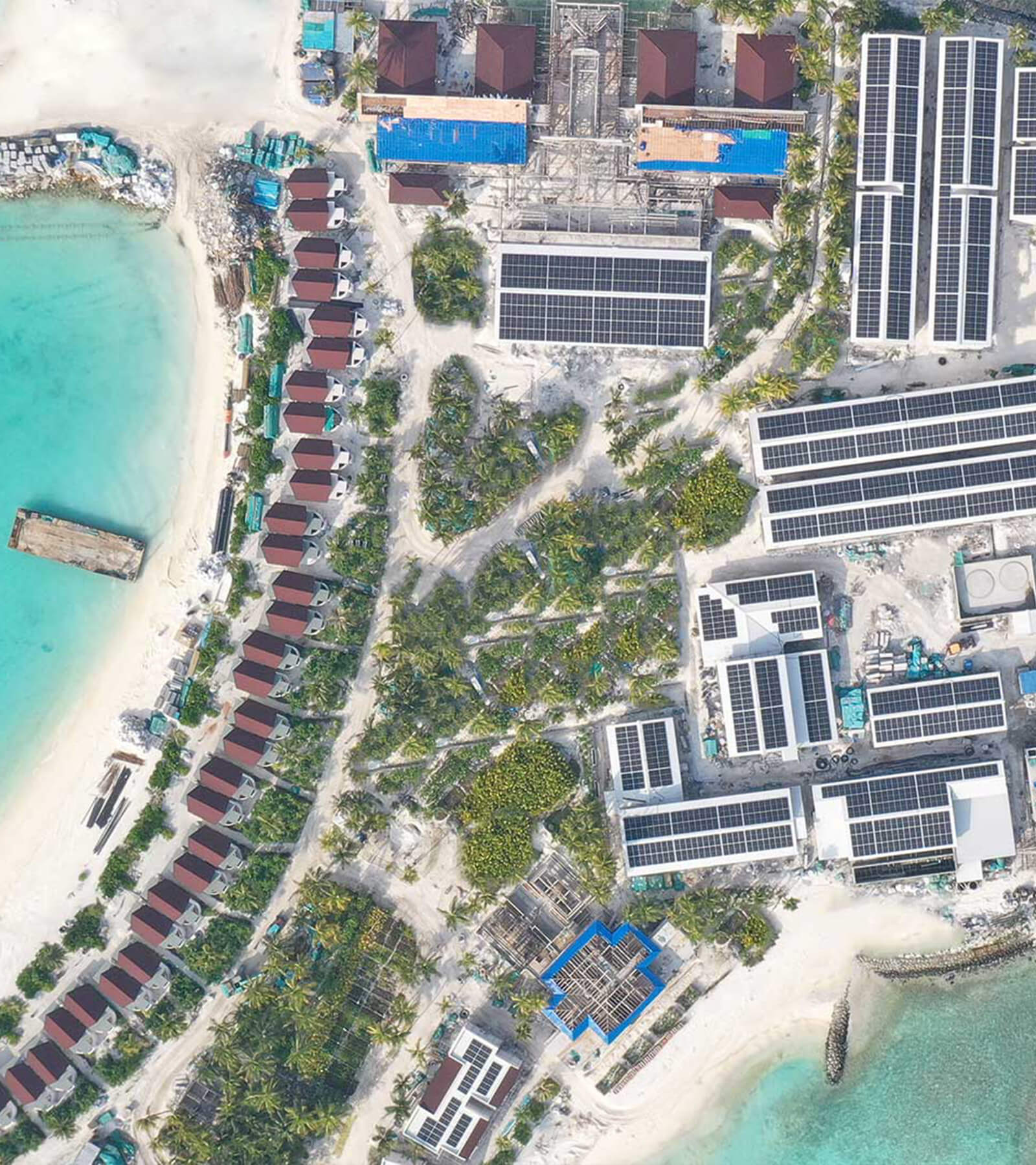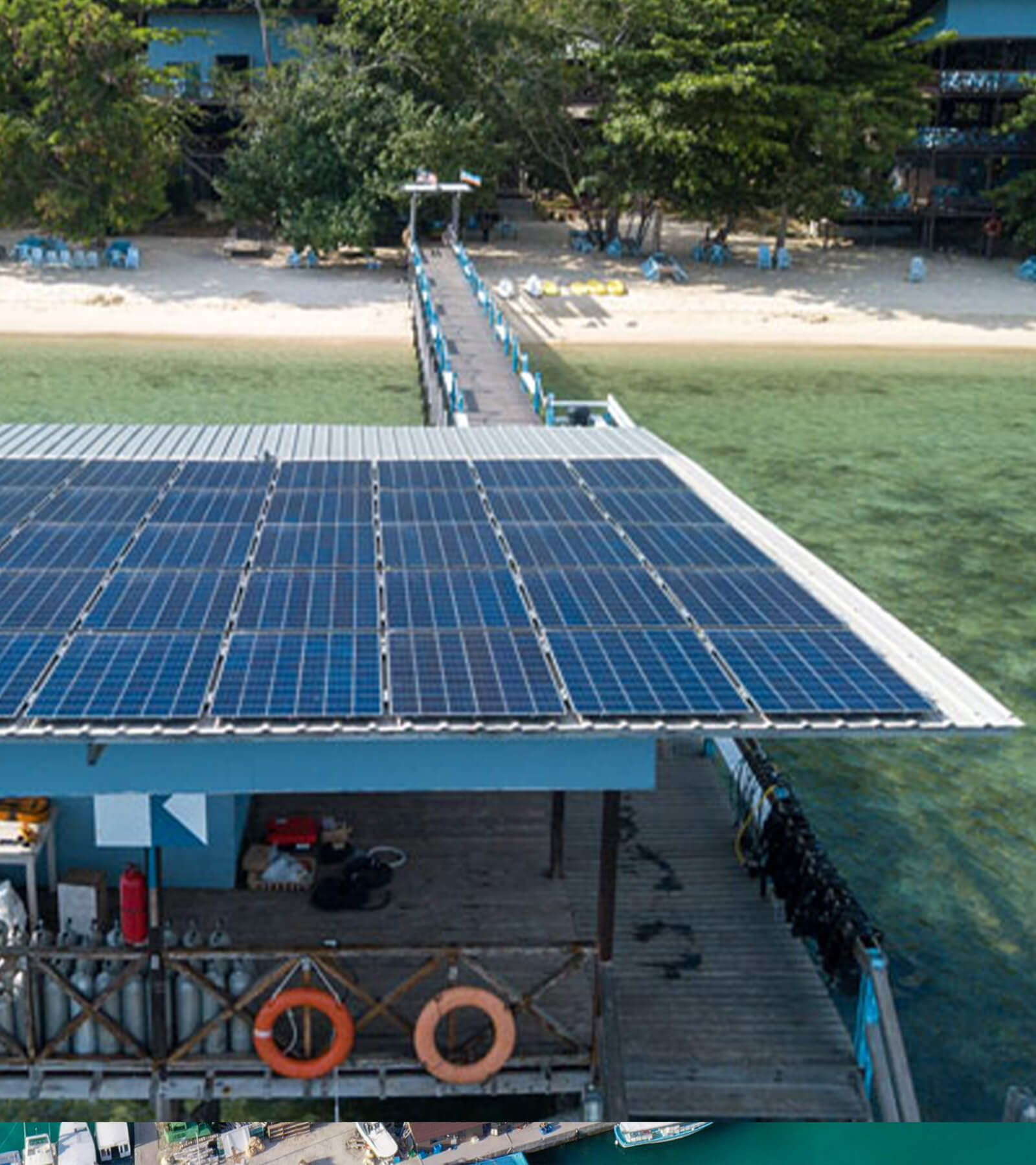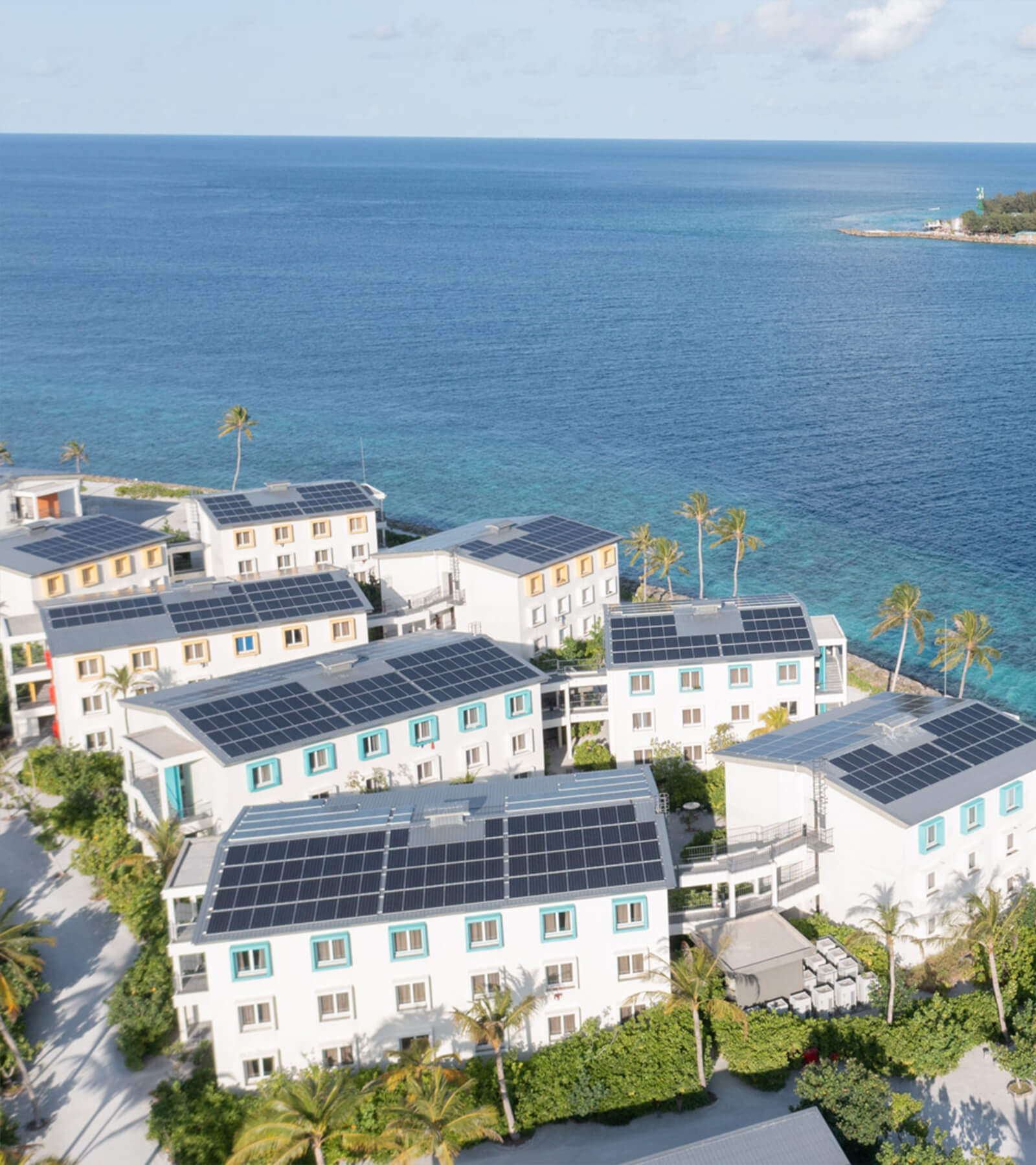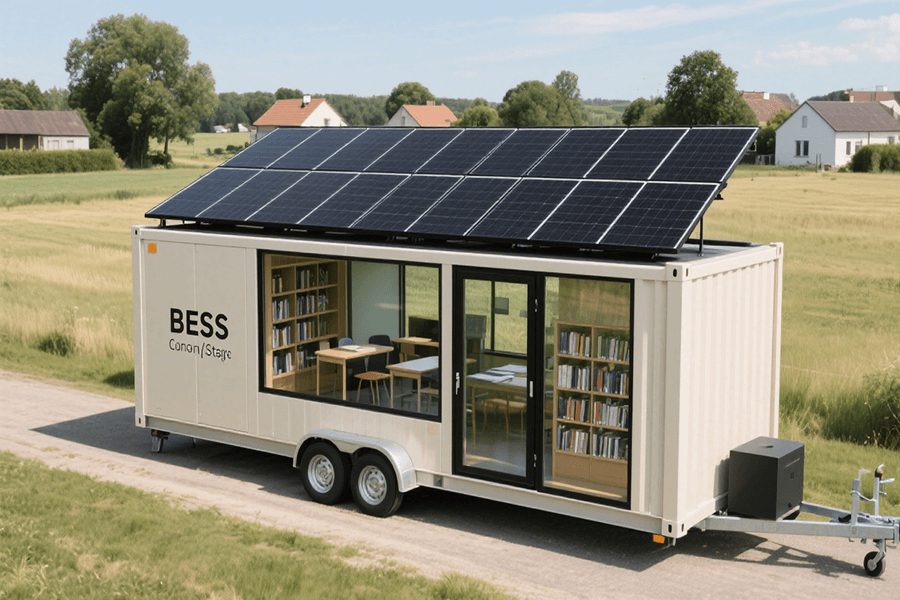
The EU’s Rural Library Revolution (2025–2030)
The EU’s Rural Development Policy (2025–2030) isn’t just about farming subsidies or road repairs—it’s on a mission to turn rural Europe into a knowledge hotspot. At the heart of this initiative lies an ambitious plan to expand a network of over 2,000 mobile libraries, strategically deploying them to underserved regions where access to educational resources remains severely limited. Consider the remote villages where the nearest bookstore is a two-hour drive away, or the communities with minimal access to digital learning platforms—these are the areas the EU aims to reach. By bridging the “digital and literary divide,” the policy seeks to empower rural residents with equal opportunities for learning, skill development, and access to essential information.
These aren’t your traditional bookmobiles. Modern mobile libraries are sophisticated “mobile learning centers on wheels,” equipped with state-of-the-art technology:
- Solar-driven lighting: Ensures visibility and energy efficiency, reducing reliance on the grid
- Digital kiosks: Provide access to e-books, online courses, and government services, enabling residents to engage with digital content regardless of their location
- Climate control systems: Protect valuable and rare books from environmental damage, safeguarding collections against humidity, temperature fluctuations, and frost
However, a significant challenge looms large: rural grid access in these remote areas is unreliable, much like the weak Wi-Fi signal you’d expect at a mountain cabin. Power outages are a common occurrence, disrupting operations and limiting access to the resources these mobile libraries offer. Additionally, extending the grid to these far-flung locations is prohibitively expensive, both in terms of infrastructure development and ongoing maintenance.
This is where BESS Containers (Battery Energy Storage Systems) step in as unsung heroes. These advanced energy storage solutions ensure uninterrupted operation of mobile libraries, even when the grid fails. By storing excess energy generated during peak production periods—such as sunny days when solar panels are at their most efficient—BESS Containers provide a reliable power source, keeping essential systems running smoothly.
Why BESS Containers Are Non-Negotiable for Mobile Libraries
Mobile libraries serve as vital conduits of knowledge in rural landscapes, where geographical isolation and limited infrastructure often create significant barriers to educational resources. These mobile knowledge hubs, equipped with bookshelves, digital kiosks, and study spaces, play a crucial role in empowering communities by providing access to information, educational materials, and cultural resources. However, their operations are frequently hampered by a persistent challenge: unreliable grid power. In rural areas, power outages, voltage fluctuations, and insufficient grid capacity are not uncommon, disrupting the seamless functioning of mobile libraries and undermining their ability to fulfill their mission.
BESS Containers emerge as a game-changing solution, meticulously engineered to address the multifaceted power requirements of mobile libraries with precision and reliability. These innovative energy storage systems are designed to meet three critical power needs, ensuring uninterrupted and sustainable operation even in the most challenging power environments.
| Power Requirement | Purpose | Why Grid Power Fails | How BESS Containers Fix It |
|---|---|---|---|
| Solar-Driven Lighting | Create a welcoming and comfortable reading environment that closely replicates the quality of natural light, enhancing the reading experience and reducing eye strain. | Grid outages, which can occur due to adverse weather conditions, equipment failures, or maintenance work, plunge libraries into darkness, disrupting study sessions and rendering the space unusable. | BESS Containers integrate advanced solar panel technology, allowing them to capture and store solar energy during the day. This stored energy powers the library’s lighting system during evenings, overcast days, and power outages, ensuring consistent illumination and a conducive reading atmosphere. |
| Digital Kiosks | Provide users with convenient access to a vast array of online educational resources, e-books, digital archives, and interactive learning tools, facilitating self-directed learning and research for students, researchers, and the elderly. | Unstable voltage fluctuations, a common issue in rural power grids, can cause digital kiosks to malfunction, crash, or suffer data loss. These disruptions not only frustrate users but also render the kiosks inoperable, limiting access to valuable digital resources. | BESS Containers are equipped with sophisticated power management systems that regulate voltage and frequency, ensuring a stable and uninterrupted power supply to digital kiosks. This safeguard protects the digital infrastructure from damage and ensures a seamless user experience, even during grid instability. |
| Climate Control | Preserve the integrity and longevity of valuable book collections by maintaining optimal environmental conditions, preventing mold growth, insect infestations, and material degradation caused by humidity, temperature extremes, and fluctuations. | Grid power shortages or blackouts can cause HVAC systems to fail, exposing books to harmful environmental conditions. Fluctuations in temperature and humidity can accelerate the deterioration of paper, bindings, and other materials, compromising the quality and usability of the library’s collection | BESS Containers provide continuous 24/7 power to climate control units, ensuring that the library’s interior environment remains within the recommended temperature and humidity ranges. This proactive approach to climate control helps extend the lifespan of the book collection and protects the library’s investment in valuable resources. |
The urgency of adopting BESS Containers in EU mobile libraries is further emphasized by a recent comprehensive report on rural infrastructure published by the European Union [https://ec.europa.eu/agriculture/rural-development-2025-2030_en]. The report reveals that 68% of rural villages in the EU struggle with grid access that is considered “unreliable for critical services.” This alarming statistic underscores the pressing need for alternative power solutions that can ensure the resilience and sustainability of mobile libraries in rural areas.
BESS Containers are not merely a convenient option; they are an essential investment in the future of rural education and knowledge dissemination. By providing a reliable and sustainable power source, these innovative energy storage systems enable mobile libraries to overcome the challenges posed by unreliable grid power, ensuring that they can continue to serve as vibrant community hubs and catalysts for learning and development. As the EU continues to prioritize rural development and digital inclusion, the adoption of BESS Containers in mobile libraries represents a significant step towards creating a more equitable and accessible knowledge society for all.
Core Analysis 1: Technical Specs—The “Brains” of BESS Containers
BESS Containers for mobile libraries aren’t one-size-fits-all—they’re tailored to the unique needs of on-the-go education. Here’s a detailed breakdown of their key features and impact:
Key Technical Parameters
The BESS (Battery Energy Storage System) containers integrated into mobile libraries are engineered with precision to balance energy efficiency, portability, and reliability. Below is a comprehensive table highlighting the critical technical specifications and their direct relevance to mobile library operations:
| Specification | Range | Why It Matters for Mobile Libraries | Technical Rationale & Impact |
|---|---|---|---|
| Battery Capacity | 5–15 kWh | Powers 8 hours of daily operation, supporting interactions with 100+ patrons. Ideal for peak usage during outreach events. | Matches the energy demands of lighting, digital devices, and climate control systems typically found in mobile libraries. |
| Solar Canopy Output | 3–8 kW | Generates 75% of daily energy needs (per EREC data [https://www.erec.org/]). Optimizes renewable energy utilization. | Designed to capture maximum solar irradiance in various European climates, reducing reliance on non-renewable sources. |
| Weight | <500 kg (towable) | Lightweight design ensures compatibility with standard mobile library trailers, eliminating the need for specialized transport. | Enhances mobility and flexibility, allowing easy deployment to remote and underserved communities. |
| Battery Type | Lithium-Ion | Offers a long lifespan of 10+ years and fast charging capabilities (4 hours from empty), minimizing downtime | Reduces maintenance costs and ensures consistent performance over extended periods. |
The Game-Changer: 75% Self-Sufficiency
The synergy between the solar canopy and BESS containers propels mobile libraries towards an impressive 75% energy self-sufficiency milestone. This achievement translates into tangible benefits that redefine the operational capabilities of these mobile knowledge hubs:
- Sunny Day Operations: On days with ample sunlight, mobile libraries operate entirely on solar power, achieving a zero-carbon footprint. This not only reduces environmental impact but also significantly cuts down on operational costs.
- Cloudy Day Resilience: Even on overcast days, the stored energy in the BESS containers ensures uninterrupted service for up to 8 hours. This reliability is crucial for maintaining regular library hours and fulfilling the educational needs of communities.
- Grid Outage Assurance: In the event of power outages, the BESS system automatically switches to backup mode without requiring any manual intervention from staff. This seamless transition safeguards ongoing programs and activities, providing a stable learning environment regardless of external circumstances.
As highlighted in the EU’s Cultural Infrastructure Report [https://ec.europa.eu/culture/policies/creative-europe_en], the impact of BESS on mobile library operations is profound. A rural librarian from Portugal shared, “Before BESS, we’d have to pack up early if the power went out. Now? We stay open until 8 PM—kids love it.” This anecdote underscores how BESS technology is not just an energy solution but a catalyst for enhancing educational access and community engagement in rural areas.
Core Analysis 2: Operational Perks—Quiet, Accessible, and EU-Compliant
Technical specs matter, but so does real-world usability. BESS Containers shine here too:
Low-Noise Operation: Silence Is Golden (for Readers)
In the serene realm of literature, tranquility is not just a preference—it’s a necessity. Picture the incongruity of attempting to immerse oneself in Pride and Prejudice‘s timeless romance while a diesel generator roars at 70+ decibels, equivalent to the din of a busy restaurant. Such auditory intrusion shatters the delicate ambiance essential for deep reading.
BESS Containers redefine quiet power with their ultra-low operational noise, registering at <40 decibels—quieter than the average library whisper (45 decibels). This acoustic advantage makes them ideal for mobile libraries, ensuring undisturbed reading experiences for patrons and maintaining cordial relations with neighboring communities.
| Sound Source | Decibel Level | Comparison to BESS Containers |
|---|---|---|
| BESS Container | <40 dB | Significantly quieter |
| Library Whisper | 45 dB | Slightly louder |
| Diesel Generator | 70+ dB | 2-3 times louder |
EU Accessibility Compliance: No One Left Behind
The EU Accessibility Act [https://ec.europa.eu/social/main.jsp?catId=1202] enshrines inclusivity in public services, mandating that mobile libraries be fully accessible to all. BESS Containers embody this ethos through thoughtful design features:
Wheelchair-Friendly Integration
- Ground-level mounting eliminates barriers, enabling wheelchair-bound staff to operate controls without assistance
- Control panels are ergonomically positioned at a comfortable working height (80-90 cm)
Intuitive User Interface
- Oversized, tactile buttons with clear text labels simplify operation
- Color-coded function keys (green for power on, red for emergency stop) enhance usability
Multisensory Alerts
- Dual-mode LED indicators (flashing lights + optional audible beeps) provide comprehensive status updates
- Battery level warnings are accompanied by visual progress bars for easy monitoring
These features not only meet regulatory requirements but also create an equitable environment where every user, regardless of ability, can engage with mobile library services seamlessly.
Conclusion: Making BESS Work for Rural Europe (Plus Maxbo Solar’s Role)
BESS Containers are a game-changer, but they need two final pieces to succeed: technical tweaks for rural life and funding. Here’s how we make it happen:
Technical Adaptations for Bumpy Roads & Extreme Weather
Rural Europe presents a diverse landscape, with more than just rolling hills. In certain regions, roads are marred by potholes large enough to swallow a bicycle, and the climate can shift dramatically from one extreme to another. To ensure BESS Containers remain robust and fully functional in these challenging conditions, we’ve implemented the following specialized adaptations:
- Shock-Resistant Mounting: The batteries within our BESS Containers are meticulously secured using rubberized brackets. These brackets act as a buffer, absorbing the jolts and vibrations encountered on uneven, bumpy roads. Rigorous testing was conducted across over 10,000 kilometers of rural roads in Poland and Hungary, simulating real-world driving conditions. This testing regime verified the effectiveness of our shock-resistant mounting system, ensuring the integrity of the batteries during transit.
- Extreme Weather Protection: Our BESS Containers feature IP67-rated enclosures, providing top-tier protection against the elements. These enclosures are completely waterproof and dustproof, capable of withstanding a wide range of temperatures. Whether facing the harsh -20°C winters of Sweden or the sweltering 45°C summers of Greece, the BESS Containers remain operational, safeguarding the internal components and ensuring uninterrupted service.
Funding: EU’s Creative Europe Programme
The financial burden of integrating BESS Containers into mobile libraries doesn’t have to fall solely on the libraries themselves. The EU’s Creative Europe Programme offers a valuable lifeline, providing much-needed financial support for renewable energy upgrades. Through this initiative, mobile libraries can access grants of up to €50,000 per library specifically earmarked for projects like installing BESS Containers.
As of 2025, the impact of this funding is already evident, with over 120 mobile libraries across Europe leveraging these grants to successfully implement BESS systems. This not only eases the financial strain on individual libraries but also accelerates the adoption of sustainable energy solutions, contributing to a greener future for European mobile libraries.
For more information on the EU’s Creative Europe Programme and its funding opportunities, visit https://ec.europa.eu/culture/creative-europe/funding_en.
Maxbo Solar: Your BESS Partner (From Our Team to Yours)
Since 2020, Maxbo Solar has been at the forefront of designing Battery Energy Storage System (BESS) solutions tailored specifically for EU mobile libraries. With an in-depth understanding of the unique needs and challenges faced by rural communities across Europe, we have positioned ourselves as the go-to partner for mobile libraries seeking reliable, efficient, and sustainable energy solutions. Here’s what sets us apart:
- Customized Kits: Recognizing that each mobile library has distinct energy requirements, we offer a range of 5–15 kWh BESS units. These units are carefully customized to match the size and usage patterns of individual libraries. For example, a library serving a community of 200 or more patrons would benefit from a 10-kWh unit, providing ample power to support their operations, including running computers, lighting, and other essential equipment.
- EU-Certified: Quality and compliance are at the heart of our products. All our BESS Containers meet the stringent standards set by CE, RoHS, and REACH regulations. This certification not only ensures the safety and reliability of our products but also eliminates the paperwork headaches for library teams, allowing them to focus on what they do best: serving their communities.
- After-Sales Support: We understand that prompt and efficient support is crucial, especially in remote rural areas. That’s why we have strategically positioned our technicians in 8 EU countries, including Germany, France, Spain, and others. This widespread presence enables us to respond to any technical issues within 48 hours, regardless of how remote the location. Our commitment to after-sales support ensures minimal downtime for mobile libraries, keeping their services running smoothly.
- Cost Savings: Our BESS units not only provide a sustainable energy solution but also offer significant cost savings. Compared to relying solely on grid power, our units can reduce energy bills by up to 60%. Additionally, they qualify for EU tax breaks, which can amount to as much as 20% of the purchase price. These financial incentives make our BESS Containers an even more attractive option for mobile libraries looking to cut costs while going green.
As someone who’s worked with Maxbo Solar for 5 years, I’ve witnessed firsthand the transformative power of BESS Containers. One librarian in Romania shared her experience, saying, “We used to close at 4 PM because of power outages. Now we’re open until 7 PM, and we’ve doubled our e-book loans. It’s changed everything.” This anecdote perfectly encapsulates the impact that Maxbo Solar’s BESS Containers can have, turning struggling mobile libraries into vibrant community hubs, accessible to all for longer hours and with enhanced services.

